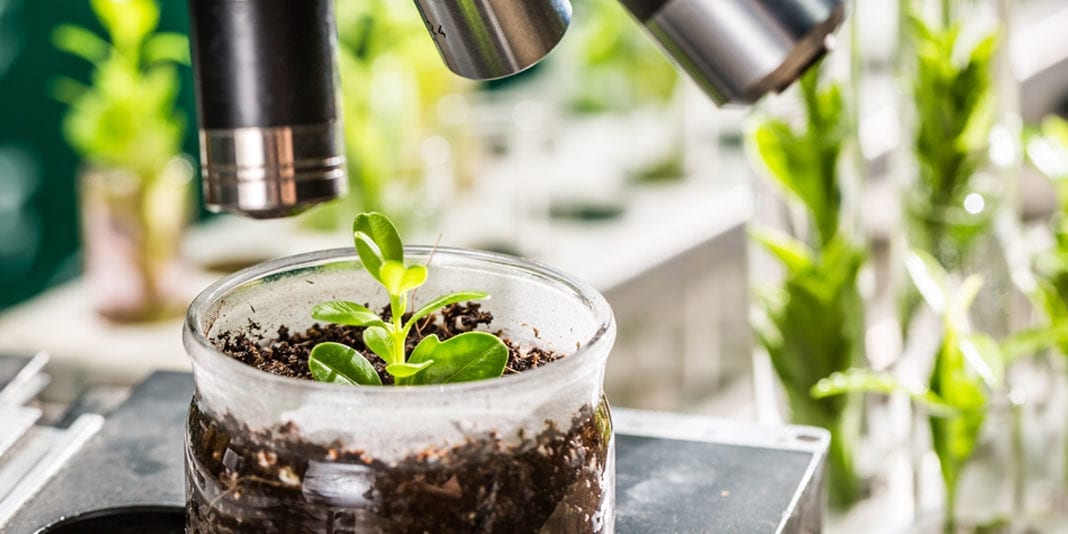With the increased number of celebrities who eat plant-based, the hype is quickly rising to opt for more greens. Athletes and tennis players swear by plant-based diets and say that the food amounted to their success. Plants can be a great source of vitamins, antioxidants, and nutrients, so there is no reason to dwell upon it, right? Actually, there are downsides to this diet you should consider before fully committing to a plant-based way of life.
Before making a sudden change, you should consider the work and research of the three neurotoxicologists at Oregon Health & Science University. According to their recent study, not all plants are right for you, which is why you should carefully plan out what you could eat and research weather those plants are good and nutritious enough for you.
The diet can be especially dangerous for people who are undernourished or depend on a single plant as a source of nourishment. Additionally, some plants can become more toxic due to the changing climate! As the climate changes, their chemical composition adjusts.
“They (plants) have all sorts of chemical defense systems that would make the Department of Defense blush with embarrassment at their former efforts,” said Peter Spencer, professor of neurology in the OHSU School of Medicine and an affiliated faculty member of the Oregon Institute of Occupational Health Sciences at OHSU.
Scientists highlighted the plants that can cause sickness or kill particularly undernourished people around the globe. Some of the plants which can cause these effects are ackee tree, which is a national fruit in Jamaica, lychee, a fruit native to the Guangdong and Fujian provinces of southeastern China, but now eaten worldwide, grass pea a legume used for consumption in Asia and East Africa and cassava, a woody shrub native to South America.
Although these plants are consumed daily, they can have huge effects on health. According to scientists, these plants can affect brain function or gradually induce crippling. These effects most commonly occur to individuals with poor diets. This is why the impact of poverty, hunger, and climate change are significant and dangerous.
These plants profoundly affect people in developing countries who don’t have balanced diets and depend on the plants that grow in their region. However, this is a good lesson to make sure we are eating well-balanced foods. If you decide to go plant-based, make sure you are eating a wide variety of plants.




































